The Ultimate Guide to Choosing the Right Electric Pumps for Your Home and Garden
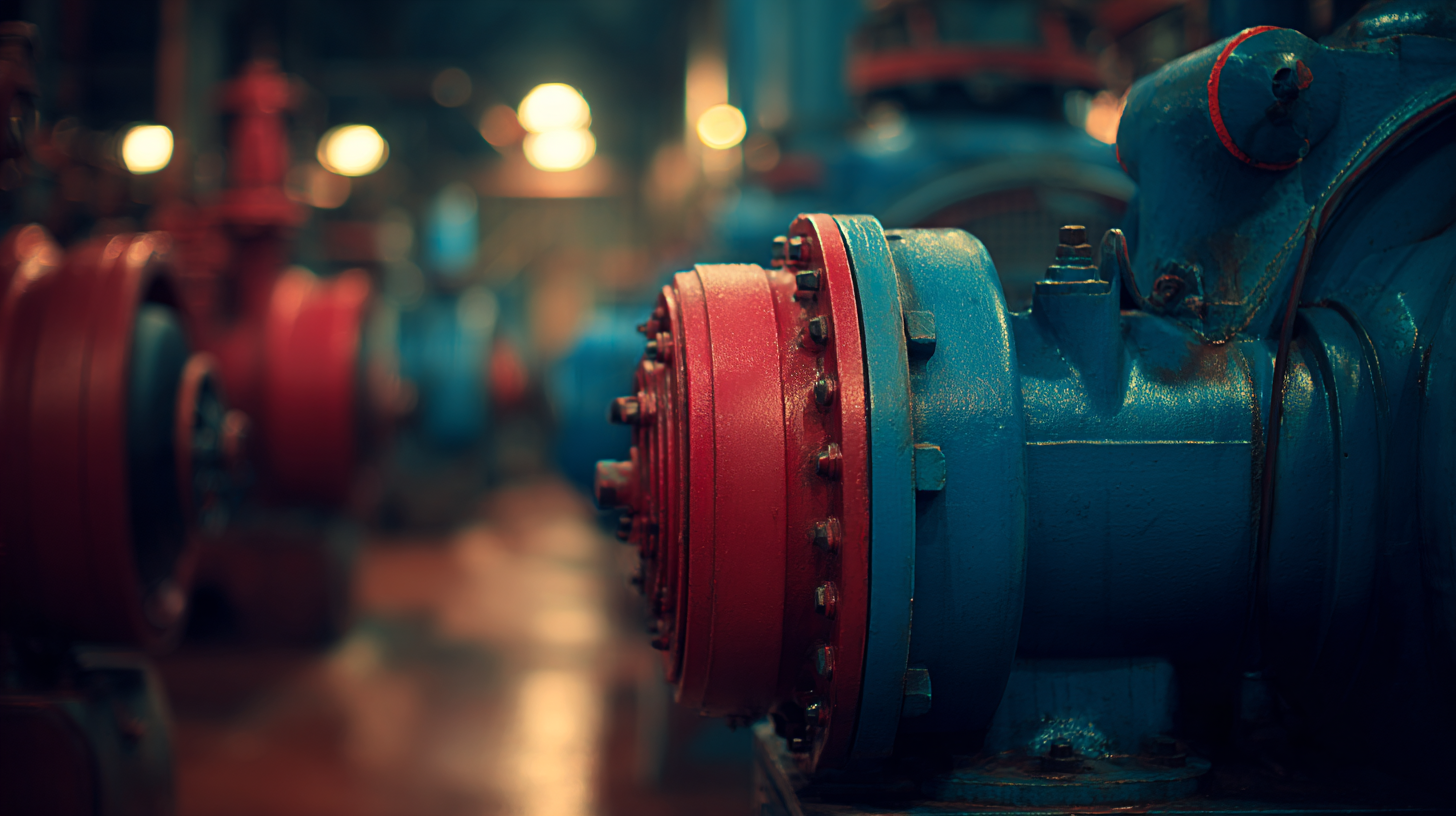 Choosing the right electric pumps for your home and garden is a crucial decision that can significantly affect both efficiency and utility costs. With the electric pump market projected to reach USD 50 billion by 2025, as indicated in a recent report by Market Research Future, understanding the various types and their applications becomes essential for homeowners and gardeners alike. Electric pumps serve multiple purposes, from irrigation systems in gardens to enhancing water supply in residential areas, highlighting their versatility. However, with an overwhelming array of options, determining which electric pump best fits your specific needs can be daunting. This guide will provide comprehensive insights and practical tips to help you navigate the complexities of selecting the ideal electric pumps, ensuring optimal performance and energy efficiency for your home and garden.
Choosing the right electric pumps for your home and garden is a crucial decision that can significantly affect both efficiency and utility costs. With the electric pump market projected to reach USD 50 billion by 2025, as indicated in a recent report by Market Research Future, understanding the various types and their applications becomes essential for homeowners and gardeners alike. Electric pumps serve multiple purposes, from irrigation systems in gardens to enhancing water supply in residential areas, highlighting their versatility. However, with an overwhelming array of options, determining which electric pump best fits your specific needs can be daunting. This guide will provide comprehensive insights and practical tips to help you navigate the complexities of selecting the ideal electric pumps, ensuring optimal performance and energy efficiency for your home and garden.
Understanding Different Types of Electric Pumps: A Comprehensive Overview
When selecting the right electric pump for your home and garden, it's essential to understand the various types available and their specific applications. Electric pumps can be broadly categorized into submersible pumps, centrifugal pumps, and diaphragm pumps, each designed to perform distinct tasks efficiently. Submersible pumps, for instance, are ideal for draining water from basements or pools because they operate while submerged, making them efficient for moving large volumes of water quickly. Their sealed design helps protect the motor from water damage, ensuring longevity and reliability in wet environments.
Centrifugal pumps, on the other hand, are often used for irrigation and water transfer applications. These pumps rely on rotational energy to create flow and are particularly effective in situations requiring a steady stream of water over an extended period. They are suitable for garden irrigation systems or supplying water to feed other appliances. Lastly, diaphragm pumps are favored for applications requiring precise control of flow rates and pressures, making them suitable for tasks like spraying pesticides or transferring chemicals. Each pump type has unique features and benefits that cater to specific needs, so identifying your requirements is the first step in choosing the right electric pump for your home and garden.
Key Factors in Selecting Electric Pumps for Residential Use
When selecting electric pumps for residential use, there are several key factors to consider to ensure efficiency and compatibility with your home's needs. First, it's essential to evaluate the type of application you need the pump for—whether it's for irrigation, drainage, or boosting water pressure. According to the American Society of Agricultural and Biological Engineers (ASABE), selecting the appropriate pump type can improve energy efficiency by up to 30%, reducing both operational costs and environmental impact.
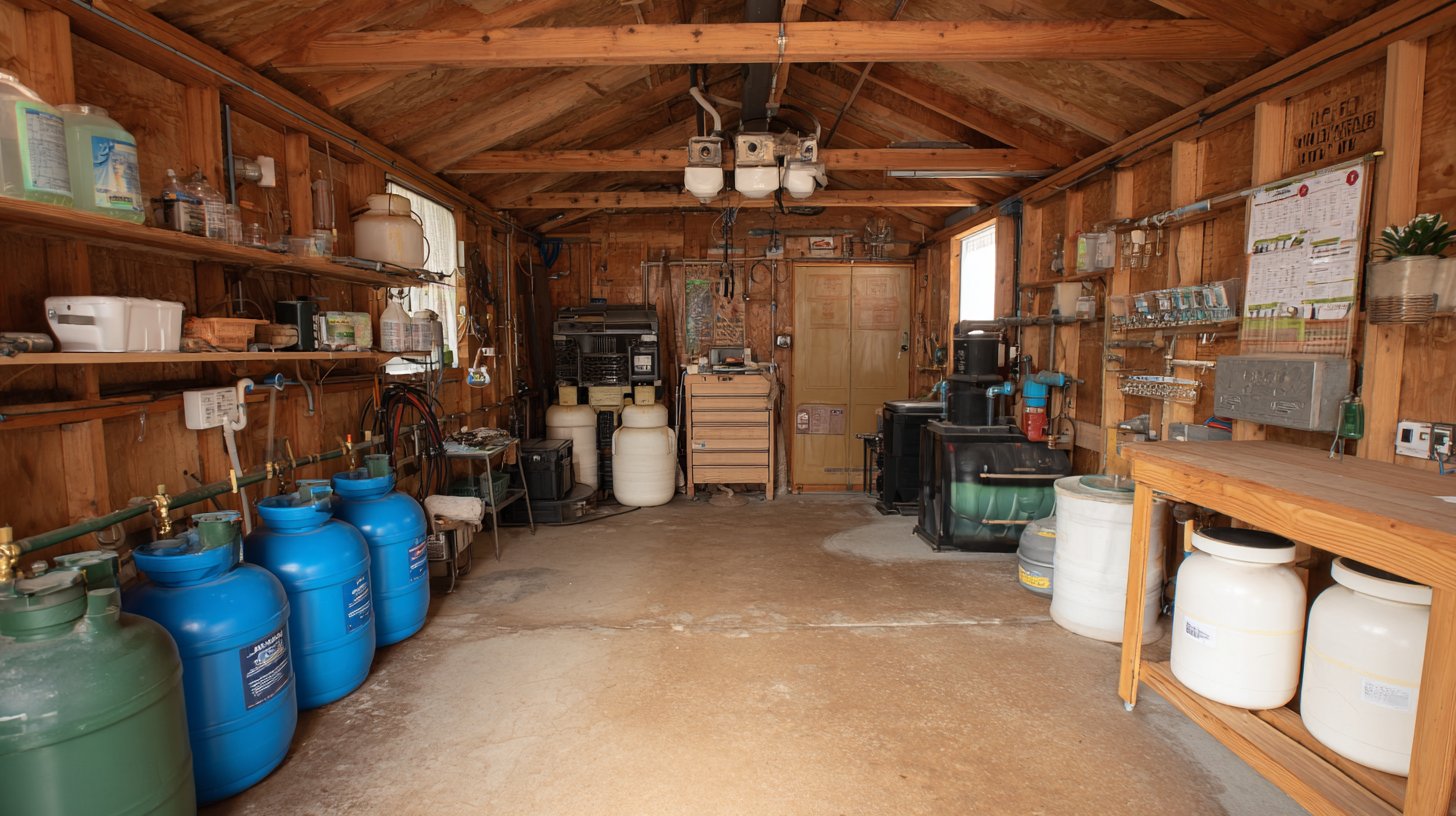 Another crucial element is the pump's flow rate and head height. For instance, a household garden may require a pump with a flow rate between 3-10 gallons per minute (GPM), while other systems may demand higher capacities. Ensuring that the pump's specifications align with your water demand will prevent overworking the system and maximize its lifespan.
Another crucial element is the pump's flow rate and head height. For instance, a household garden may require a pump with a flow rate between 3-10 gallons per minute (GPM), while other systems may demand higher capacities. Ensuring that the pump's specifications align with your water demand will prevent overworking the system and maximize its lifespan.
Tip: Always check the power source and ensure it aligns with your home’s electrical layout to avoid compatibility issues.
Additionally, consider the materials used in the pump’s construction. Pumps with high-quality materials like stainless steel or engineered plastics are typically more durable and corrosion-resistant, extending their use in various conditions.
Tip: Look for models with warranties that reflect manufacturer confidence in durability, often ranging from 2 to 5 years, to safeguard your investment.
Energy Efficiency Ratings: How They Impact Your Electric Pump Choice
When selecting an electric pump for your home and garden, understanding energy efficiency ratings is paramount. These ratings, often expressed in terms of Energy Efficiency Ratio (EER) or Energy Star certification, provide insights into the operational efficiency of the pump. A higher efficiency rating translates to lower energy consumption, which not only reduces your electricity bills but also contributes to a more sustainable environment. Choosing a pump with a good energy efficiency rating means you can enjoy reliable performance while minimizing your carbon footprint.
Additionally, energy efficiency ratings can significantly influence the long-term cost-effectiveness of your electric pump. While a pump with a lower initial purchase price may seem appealing, it could lead to higher operational costs due to increased energy usage. By opting for a pump with a higher efficiency rating, you can ensure that your investment pays off over time. It's essential to balance upfront costs with potential savings and environmental impact, making energy efficiency a key factor in your decision-making process.
Evaluating Flow Rates and Pressure Requirements for Home and Garden Pumps
 When selecting electric pumps for your home and garden, evaluating flow rates and pressure requirements is crucial to ensure optimal performance. Flow rate, measured in gallons per minute (GPM), determines how much water the pump can move in a given time. For garden irrigation, a higher flow rate is essential to cover larger areas quickly, while a lower rate may suffice for smaller residential tasks, like watering flower beds.
When selecting electric pumps for your home and garden, evaluating flow rates and pressure requirements is crucial to ensure optimal performance. Flow rate, measured in gallons per minute (GPM), determines how much water the pump can move in a given time. For garden irrigation, a higher flow rate is essential to cover larger areas quickly, while a lower rate may suffice for smaller residential tasks, like watering flower beds.
Pressure requirements also play a vital role in choosing the right pump. Pressure is measured in pounds per square inch (PSI) and affects how far and high the water can be delivered. For instance, if you're looking to reach elevated garden beds or trees, you'll need a pump that can generate sufficient pressure. Conversely, a lower pressure might be suitable for flat, low-lying gardens.
Tips: Always assess your specific needs before making a decision. Measure the distance from your water source to the furthest point of use to calculate the necessary pressure. Additionally, consider pump efficiency and energy consumption—choosing a pump that balances flow rate and pressure can result in long-term savings on energy bills and maintenance.
Maintenance Tips for Ensuring Longevity of Your Electric Pump System
When choosing an electric pump for your home and garden, maintaining its longevity is crucial for efficient operation. Regular maintenance practices, such as inspecting the pump for wear and tear, can extend its life significantly. According to industry reports, routine maintenance can increase a pump's lifespan by up to 30%. Ensure you routinely check the motor and seals for signs of damage and replace them as necessary.
**Tips:** Regularly clean the inlet filters to prevent debris buildup, which can hinder performance. Also, monitor the pump's operating pressure; significant fluctuations can indicate underlying issues that may require professional attention. Additionally, consider implementing a seasonal maintenance schedule to inspect and service your electric pump system, ensuring optimal performance year-round.
Investing in quality components and adhering to a maintenance routine not only saves money over time, as it reduces the likelihood of costly repairs, but also enhances the overall efficiency of your system. Advanced electric pumps can offer energy savings of 15-20% when properly maintained, making it essential for homeowners to prioritize care and upkeep in their maintenance routines.
The Ultimate Guide to Choosing the Right Electric Pumps for Your Home and Garden
This chart illustrates the average energy consumption of different types of electric pumps commonly used in home and garden applications. Understanding the energy usage can help you choose the right pump for efficiency and longevity.
Related Posts
-
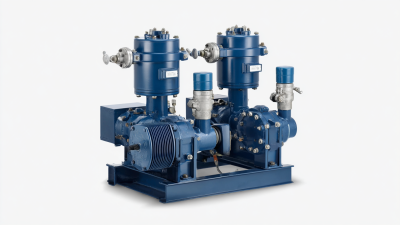
Comprehensive Guide to Choosing the Right High Pressure Diaphragm Pump for Your Needs
-
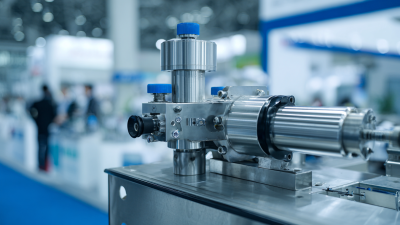
Exploring the Impact of the Small Vacuum Pump Industry at the 2025 China Import and Export Fair
-

7 Essential Tips for Choosing the Best Electric Water Pump for Your Needs
-

What to Know About Diaphragm Vacuum Pumps: A Comprehensive Guide for Global Buyers
-
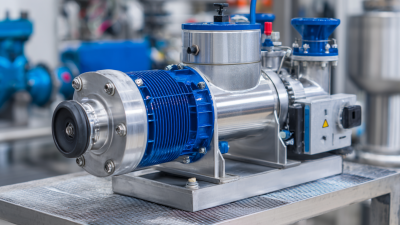
How to Choose the Right Chemical Transfer Pump for Your Industrial Needs
-
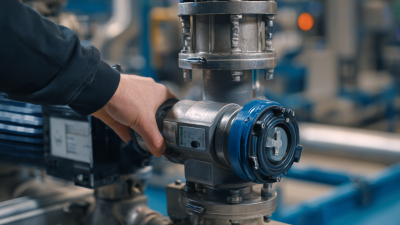
Exploring the Efficiency of Electric Transfer Pumps: A Detailed Study on Flow Rates and Energy Consumption Trends